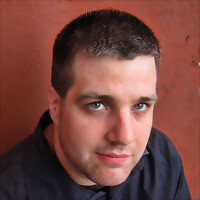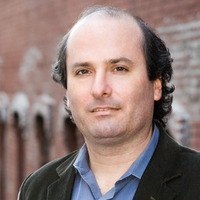Sponsored
Sponsor: n+1
n+1's winter issue, "Amnesty," is out now.
The editors take on The Atlantic, Harper's, and The Paris Review. Lawrence Jackson goes up against the Slickheads. Julia Grønnevet reports from the Anders Behring Breivik trial in Oslo. Nikil Saval surveys China's long Eighties.
Buy a print or digital subscription today for $20 by entering discount code LONGFORM at checkout.
























